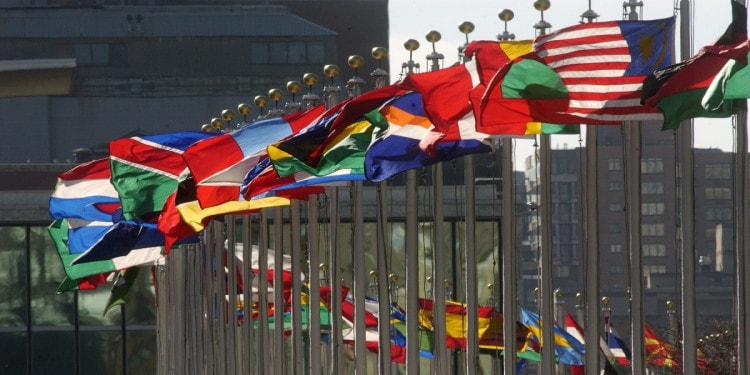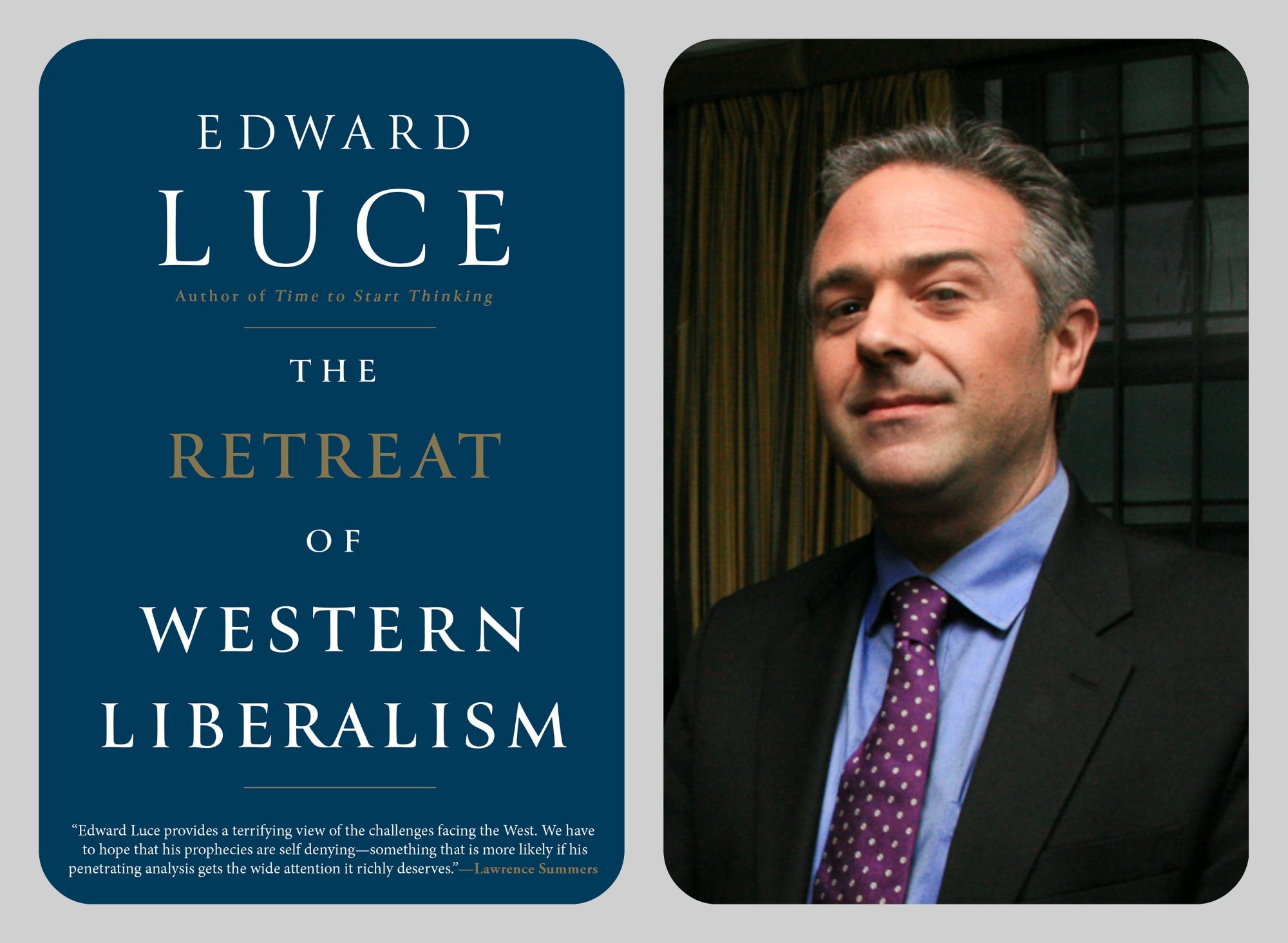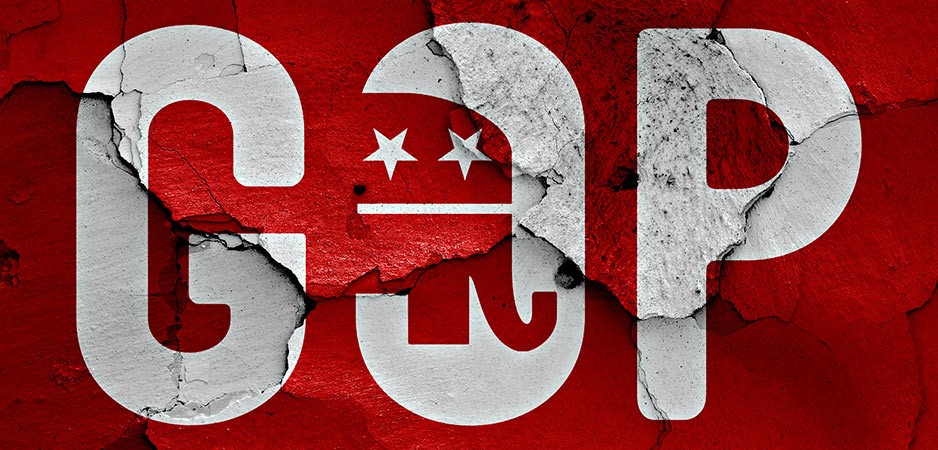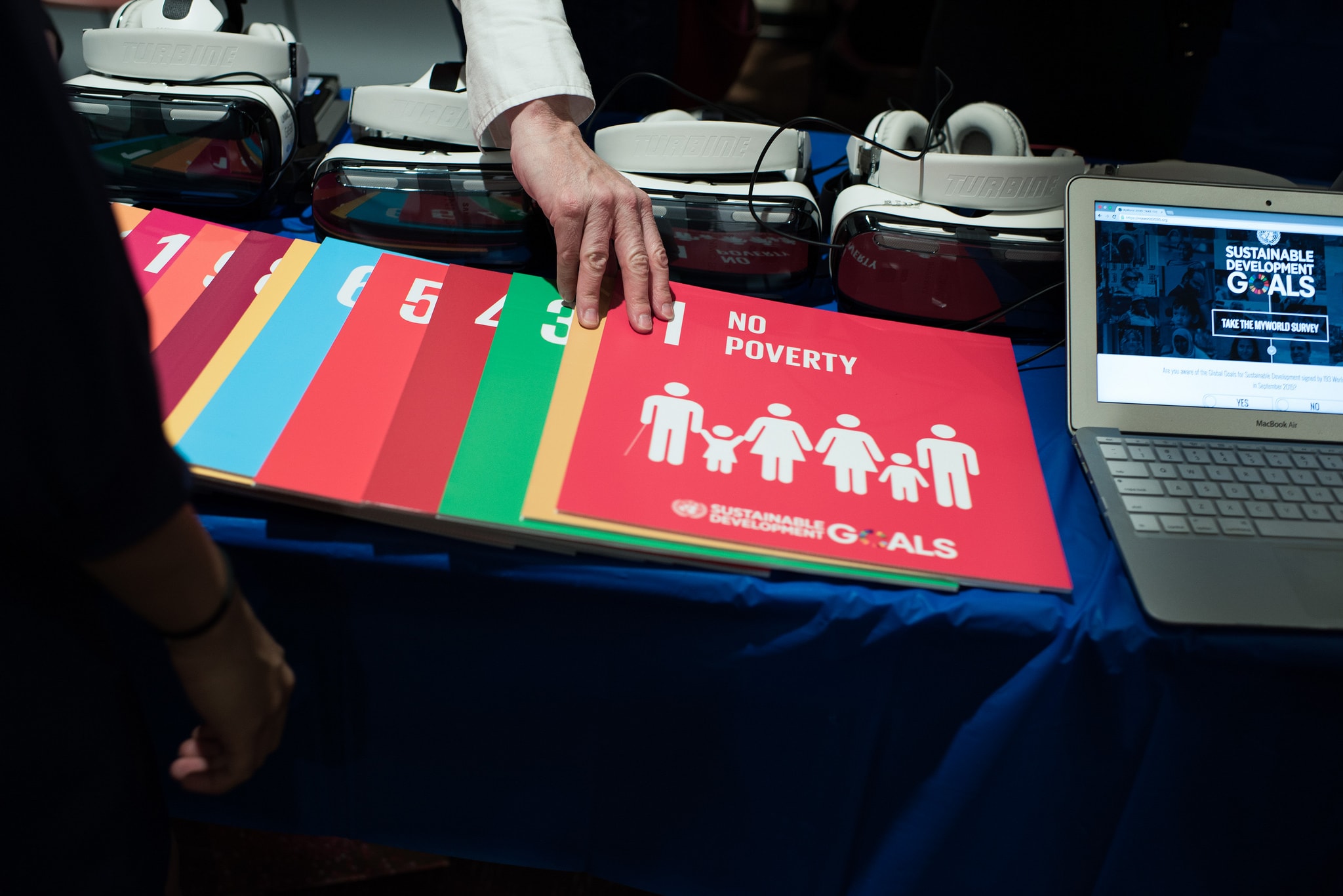Book Review: The Retreat of Western Liberalism by Edward Luce, published by Little Brown (June 2017)
In his latest book, The Retreat of Western Liberalism, Edward Luce argues that with the rise of populism, Western liberalism is facing its gravest crisis since World War II. And without a deliberate effort on the part of the governing “elite”, it may be impossible to save it.
An Oxford-trained journalist and currently the Financial Times columnist in Washington and author of several bestselling books, Luce has made a solid reputation for successfully predicting the future, anticipating in his 2012 bestseller, the rise of middle class resentment and fight over immigration that led to Brexit and Trump’s victory.
In this book, with his deep knowledge of History and keen observing eye, he zeroes in what is ailing our society: At the heart of the crisis, the people pitted against the elite. That part of the middle class left behind by globalization – now fast becoming a large, vociferous mass of angry people – rising against the experts. As he put it:
“Here then is the crux of the West’s crisis: our societies are split between the will of the people and the rule of the experts – the tyranny of the majority versus the club of self-serving insiders; Britain versus Brussels; West Virginia versus Washington. It follows that the election of Trump, and Britain’s exit from Europe, is a reassertion of the popular will.” (p. 120)
The Enemy is Within
“This time,” writes Luce, “we have conjured up the enemy from within. At home and abroad, America’s best liberal traditions are under assault from its own president. We have put arsonists in charge of the fire brigade.”
As we all know, that was just the beginning in the US and UK. Abroad, populism has already made giant steps, starting in Russia where despite the hopes raised by the fall of the Wall of Berlin, democracy was still-born and Putin gained absolute power, increasingly unopposed.
Luce reminds us that liberal, democratic forms of government are recent, they arose some two hundred years ago, and they are notoriously fragile. There are numerous historical precedents for setbacks and relapses into autocracy. Two dozen democracies have failed since 2000 and we now find such “illiberal democracies” everywhere, in Orban’s Hungary, Erdogan’s Turkey, and Duterte’s Philippines.
This growing tension between the people and the experts could end up killing Western liberalism (and democracy) or at least, as the title of Luce’s book implies, cause a serious “retreat”:
“Europe and America’s populist right wants to turn the clock back to the days when men were men and the West ruled. It is prepared to sacrifice the gains of globalization – and risk conflict with China – to protect jobs that have already vanished.” (p. 67)
Conflict with China? That possibility is explored in Chapter 3 aptly titled “Fallout”. Populist trends all point in that direction – “fear is the currency of autocrats” as Luce says. Add irascible, narcissistic Trump to the mix, and what you get is (inter alia) war with China.
Luce estimates it could very well happen in 2020 and he makes the case that the man who is likely to stop this conflict is… Putin.
Really, Putin-the-peace-maker? It sounds over-the-top and crazy but, alas, probably it is not.
 IN THE PHOTO: President Vladimir Putin of Russia. PHOTO CREDIT: CNN
IN THE PHOTO: President Vladimir Putin of Russia. PHOTO CREDIT: CNN
To drive the point home, Luce draws a striking parallel between the world today and the world in 1914, noting that the “decades preceding the First World War marked a peak of globalization that the world economy only regained in the 1990s”.
That, of course, is historically correct, given the extraordinary rise of Bismarck’s Germany in the late 1800s, an unprecedented challenge to the British Empire. And people then as now were “complacent after decades of peace”: international trade made “the idea of war irrational.” Conflicts did occur but they took place far away from the civilized centers, then as now: The Boer War in South Africa, the Iraq invasion in 2003, both fought “by a primarily lower-class volunteer army”.
People then as now were enthusiastic consumers, “we exult in our Apple products and artisanal coffee” just as they “reveled in their Darjeeling tea and the internal combustion engine.”
RELATED ARTICLE: A New Class is Born – Book Review: The Sum of Small Things: A Theory of the Aspirational Class by Elizabeth Currid-Halkett
The Temptation of the Thucydides Trap
To clinch the argument, Luce reminds us of the “Thucydides trap”, the temptation of an established power to react to a challenger with war rather than seeking accommodation. That’s what Sparta did when confronted by the rising power of Athens: it went to war and lost. According to a recent Harvard Belfer Center study (2012), this happened in 12 out of 16 such cases that were examined, from the 1500s to the 20th century.
Back to the case of World War I. By 1913, Germany had overtaken Victorian Britain in manufacturing production: “The similarity to China and America today is unmissable”, notes Luce, with China producing more than the US by the early 2000s. And, to top it off, China is “expanding its military capability at an equally unsettling speed.”
Will China supplant America’s continued military primacy in the Asia and Pacific?
In Luce’s view, “it is not yet strong enough to supplant it.” So what is likely to happen? We are, he says, “entering a period of radical uncertainty.” And he insists:
“The chances that Trump will casually threaten China and get pulled into a dynamic he cannot control should be taken very seriously […] More worrying, however, is his proudly held ignorance of how other countries think – and thus how rivals such as China will interpret his actions. […] Even Trump’s vastly better-informed predecessors found it hard to see the world from China’s point of view. It is a difficult habit to shake.”
Indeed, it is. Luce quotes from Kishore Mahbubani, one of Singapore’s foremost political scientists who noted that there is a “deeply held unconscious assumption that the West remains, in one way or another, a “morally superior civilization’.”
Such convictions certainly don’t help dialogue and accommodation. And, as Luce reminds us, convictions don’t die easily, “the past is never really dead. It is not even past. The 2016 Brexit vote was today’s version of Henry VIII’s break with Rome.”
 PHOTO CREDIT: The Independent
PHOTO CREDIT: The Independent
RELATED ARTICLE: The Trump Doctrine by Joshua Stowell
Has Trump the capacity to resist the Thucydides trap? Luce doesn’t think so and he doesn’t mince his words: “At best, Trump is shaping up to be the most sordid leader America has produced. At worst, he could blunder into war with China, and spark a war of all against all in the Middle East.”
That is a chilling scenario.
What will save us?
Luce suggests that “The stability of the planet – and the presumption of restraint – will have to rest in the hands of Xi Jiping and other powerful leaders.” In the hands of China? And “other powerful leaders”?
Presumably people like Germany’s Merkel and France’s Macron. This Luce does not specify. The reason for this omission is that, as he told David Frum in a recent interview, he delivered his manuscript on February 7. At that point, the French presidential elections had not yet taken place and whether Macron could beat the populist Marine Le Pen, and beat her soundly as he eventually did, was highly speculative.
However, with Macron’s victory and Merkel’s probable victory at the upcoming elections in Germany in September, the world may look like a much better place than Luce has painted for us.
Still, the shadow of a dangerous Trump will haunt us to the end of his mandate. One wonders what will be left of American world leadership and of American democracy. I have never read anywhere a more terrifying analysis of Trump than the one Luce makes. “Trump is an unabashed autocrat”, he writes. “The more resistance he encounters, the more he will sow mistrust. Technology is Trump’s friend. Science is his enemy.” Trump’s penchant for the wrestling arts (among other unnerving traits), something Luce unearthed and documents in his book, adds to the picture of uncontrolled violence.
 IN THE PHOTO: US President Donald Trump and French President Emmanuel Macron. PHOTO CREDIT: CNN
IN THE PHOTO: US President Donald Trump and French President Emmanuel Macron. PHOTO CREDIT: CNN
RELATED ARTICLE: The Hidden Roots of Trump’s Fighting Instinct by Hannah Fischer Lauder
When you close the book, you can’t help but feel that a war with China is very, very likely, and that the West and its values are on the brink of collapse.
This is both scary and depressing. My only hope is that Europe will wake up and that its leaders can force some sense in world politics. Much is in the hands of Macron and of whoever will lead Germany, Europe’s largest economy. On this Luce agrees, “it is safe to say” he writes, “that if Germany fails to lead Europe, the European Union will fall apart.”
Luce also holds hope for America if it can shed its complacency and get down to the serious task of addressing the problems that ail society, particularly those of its middle class that has been left behind and is falling into poverty. In his closing chapter, Luce calls for a “new social compact”, making some useful suggestions. That is indeed an urgent task for the “liberal elite” in the coming years. If nothing is done, that elite will be no more.
EDITOR’S NOTE: THE OPINIONS EXPRESSED HERE BY IMPAKTER.COM COLUMNISTS ARE THEIR OWN, NOT THOSE OF IMPAKTER.COM. FEATURED PHOTO CREDIT: SIDS Global Business Network








